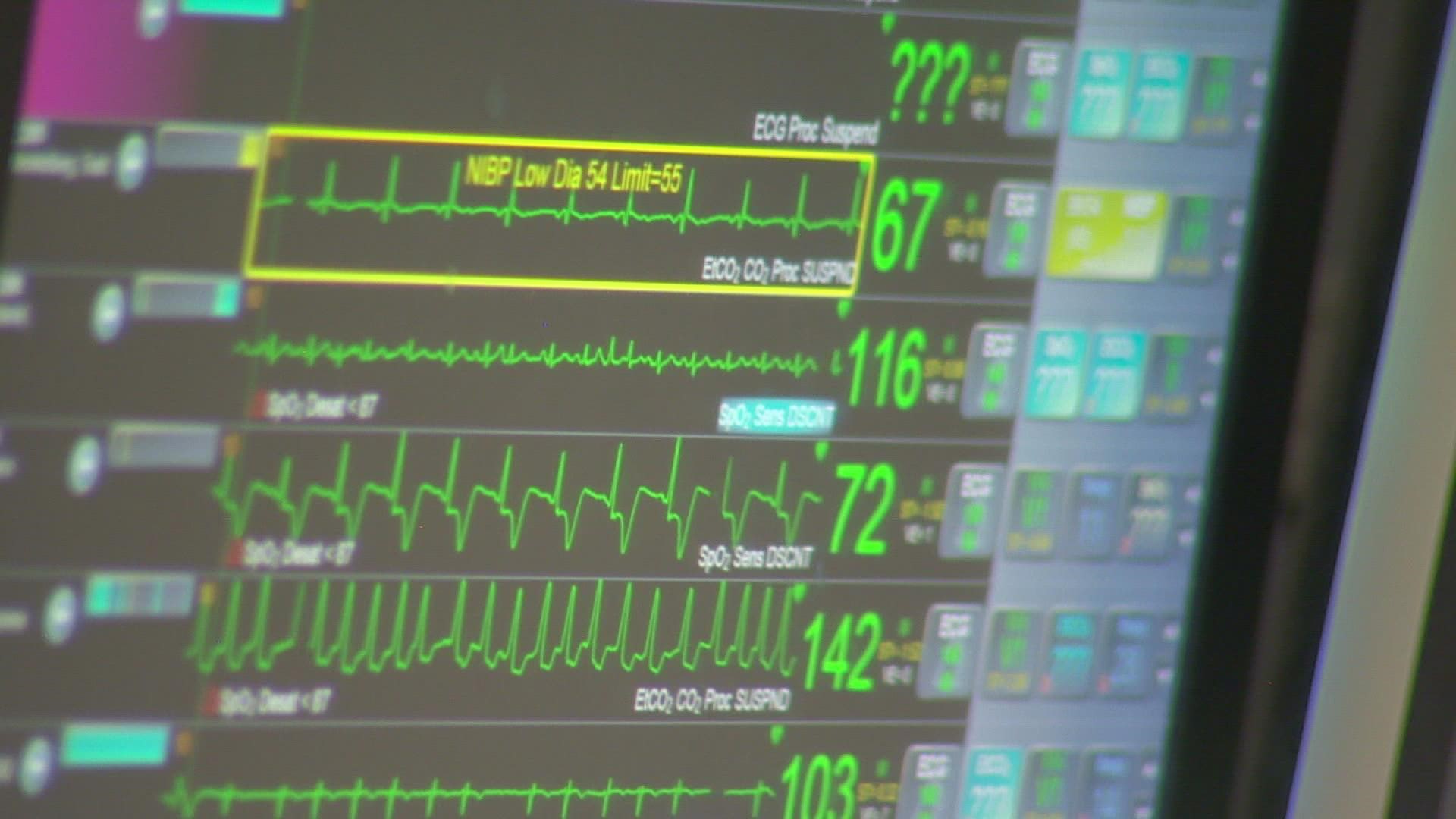SEATTLE — Editor's note: The video above was published Dec. 23.
Seattle Mayor Jenny Durkan vetoed a council-approved bill that would have ended hazard pay for frontline grocery workers.
Durkan cited the "highly contagious" COVID-19 omicron variant as the primary reason.
"The significant surge of COVID-19 globally and nationally, fueled by the Omicron variant, has already caused universities to close, global cities to shut down and health care system to become very stressed," Durkan wrote to City Clerk Monica Martinez Simmons. "When organized labor and the grocery stores worked with City Council to eliminate hazard pay, they could not foresee the coming and rapid rise of Omicron that has taken hold today. I had similar concerns about lifting this bill this past summer during the rise of the Delta variant, and requested that Council not roll back this important benefit for some of our critical frontline workers."
At the height of the pandemic, the city of Seattle enacted an ordinance requiring grocery businesses to provide employees with an additional $4 an hour. The additional pay was intended to compensate grocery employees for the risks of working on the frontlines and improve their financial stability to stay safe and encourage them to continue working. The ordinance, unanimously approved by the Seattle City Council and signed into law by Durkan, requires stores within city limits with at least 500 employees to pay frontline grocery workers an additional $4 an hour in hazard pay.
Similar ordinances were approved by cities and counties throughout Washington state.
Earlier in December, the Seattle City Council approved Council Bill 120119 that would have ended the additional $4 an hour in hazard pay for grocery workers in January 2022.
Those opposed to the ordinance, including the Northwest Grocery Association and Washington Good Industry Association, celebrated the council-approved bill. Both sought to end hazard pay, going as far as filing a lawsuit.
In her letter to the city clerk, Durkan said she hoped the city could remove the need for hazard pay, "but the virus has not relented."
"But until we know more about Omicron, including its severity, ability to evade vaccines, impact on our healthcare system and its course in our community, it is wise to leave the pay in place," Durkan wrote.
The veto lifts the burden of the decision from Durkan. It will be up to incoming Mayor-elect Bruce Harrell and the city council to determine the path forward.

